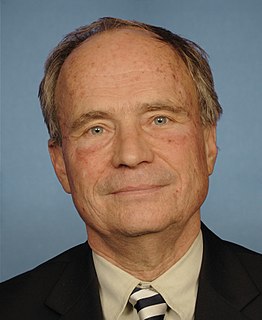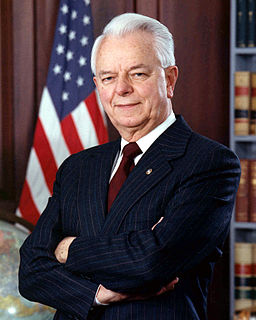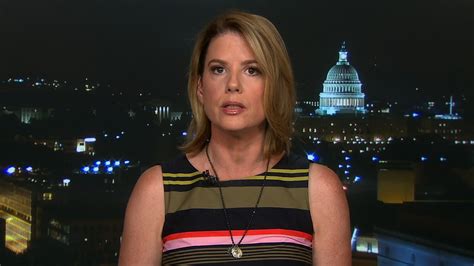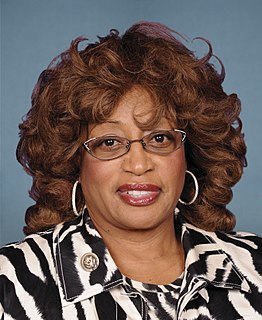A Quote by Charles Bass
Since 1998, the Administration has begun to upgrade counterintelligence and security at U.S. weapons labs.
Quote Topics
Related Quotes
The last UN weapons inspectors left Iraq in October of 1998. We are confident that Saddam Hussein retains some stockpiles of chemical and biological weapons, and that he has since embarked on a crash course to build up his chemical and biological warfare capabilities. Intelligence reports indicate that he is seeking nuclear weapons.
When it comes to immigration, I have actually put more money, under my administration, into border security than any other administration previously. We've got more security resources at the border - more National Guard, more border guards, you name it - than the previous administration. So we've ramped up significantly the issue of border security.
Defending against military-strength malware is a real challenge for the computer security industry. Furthermore, the security industry is not global. It is highly focused in just a handful of countries. The rest of the countries rely on foreign security labs to provide their everyday digital security for them.
It has been almost three years since U.S. President Barack Obama pipsqueaked on his chemical-weapons 'red line' in Syria and joined with Russian strongman Vladimir Putin in the pantomime that resulted in the Sept. 27, 2013 U.N. Security Council Resolution 2118, which called on Assad to surrender his chemical weapons stockpile.































